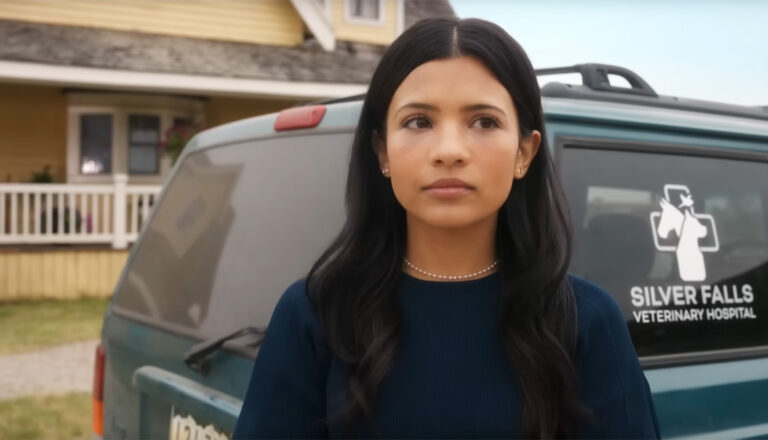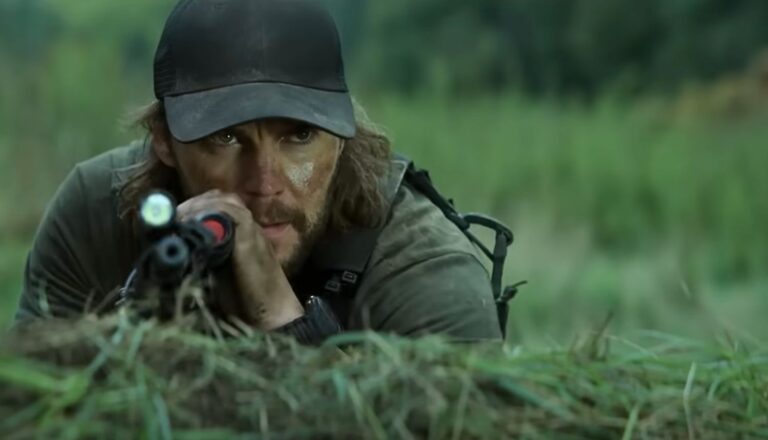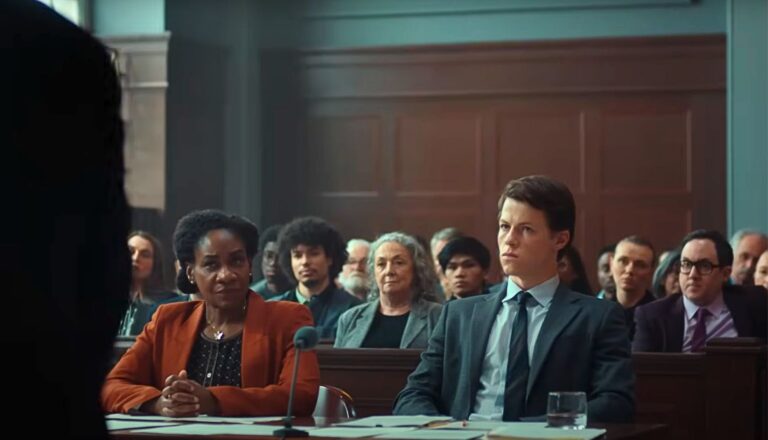
Peacemaker
Peacemaker is to superhero as ringworm is to earthworm. It might seem like these two things are related based on their names, but they aren’t.

It’s 1995 and the first MP3 file has just been created. Well, kind of. The Fraunhofer Institute created a program to strip CDs of their tracks, condense them and store them on a computer as digital files.
Four years later, Napster breaks the internet. Secret Warez chat groups are using the Fraunhofer program to strip music from countless albums and upload those tracks to Napster for anyone to stream.
It’s a business… that doesn’t make any money. Most of its “employees” aren’t even in high school yet. They’re just music fans with some basic computer knowledge.
Except one.
Dell Glover, a CD-factory worker from a small town, changes the piracy game. Lawsuits, appeals to congress, and a full-blown FBI investigation follows. All because music got free.
How Music Got Free documents a critical time of transition in the music industry. Before the era of Napster, most people bought their music—albums, mainly—at record stores. This model was tremendously lucrative for musical artists: The top selling album from 1995—the year the MP3 file arrived on the scene—was Cracked Rear View from Hootie & the Blowfish, which sold more than 20 million copies worldwide.
As documented in the two-part series, the digitalization of music changed all that. Today, far fewer people buy physical albums. In fact, lots of folks don’t buy music at all. Why buy it when you can listen to it for free? Success is measured primarily in streams, not sales. This is the story of how the music industry had to adjust.
How Music Got Free features several interviews from artists that were directly impacted by the music industry shake-up, such as Metallica, Eminem and 50 Cent. Also telling the story through old video footage and modern-day interviews are the teens and CD-factory workers who made it happen. The pirates? The documentary would call them pioneers.
Do you see where the moral ambiguity comes in? At the time, the teens didn’t see what they were doing as wrong. And yet, they were, technically, stealing music. Even today, music piracy is illegal. And back then, despite their protestations, teens still communicated in secret, encrypted online chat rooms with codenames and sometimes alternate personalities. If they didn’t think what they were doing was wrong, they knew that other people did. The documentary presents this struggle as a war between the pirates and the music industry—and the pirates are portrayed as the heroes.
All sides of the story are told, leaving plenty of space for parents to discuss with their children the ramifications of their actions (both good and bad) and the dangers of how easy it is to do anything online.
But if parents do want to use this series as a springboard for deeper conversations, they should note the show comes with other problems.
Language is a huge issue throughout both episodes. You’ll hear some references to drug use. And, thanks to some interspersed musical videos, viewers will be exposed to some racy wardrobe choices and sultry dancing.
In the 1990s, CD sales are the newest and biggest form of revenue for the music industry, and superfans are buying the albums the minute they’re released.
But many people are not just buying these disks to listen to them. With the advent of Napster and Warez chat groups (plus that nifty MP3 encoder), the “underground” music publishing scene is born. The teens don’t strip CDs for the money, though. They do it because they love music. When Dell Glover—who has access to unreleased music from a dizzying number of artists—agrees to help, they only get music out faster.
Everyone in the music industry is pointing fingers at everyone.
Chat group operators take great care that everyone remains anonymous, and they stay unnoticed by the federal government (implying that they did know it was illegal, even if it was for what they considered “the common good”).
In one interview, a former chat group member says he liked that it was anonymous, because he could find a sense of belonging online.
There’s language throughout, mostly from the interviews with the music artists. We hear the f-word seven times, the s-word 15 times, and “h—” and “d–n” each three times. We also see the middle finger three times.
One chat group operator is described as liking marijuana.
As far as sexual content is concerned, parents should be aware that there are short clips of hip-hop music videos often with shirtless men and women with tight or revealing clothing.
The story continues, and so does the moral ambiguity.
In the early 2000s, Dell recruits other workers to smuggle CDs, and he finds a way to profit from his crimes. The teens are busted by the FBI (it’s clear to the world now that they’re operating illegally), and some face the legal repercussions.
Stealing, lying, mistrust and computer hacking are all themes, sometimes portrayed as heroic.
Ultimately, the historical tale speaks to our response to new technology. One character says that technology was flying at 100 miles an hour in the music industry’s face. And it wasn’t until the industry embraced the change (or, more importantly, understood the change) that they could “fight back” against piracy.
Much of the same content concerns in episode one exist in episode two. We hear the f-word six times, the s-word 6 times, “d–n” 5 times and “h—” twice. God’s name is misused once.
The chat group operator’s desk is shown with a bong. One man said he used to be in prison because he sold drugs.
Rapper 50 Cent is described as sexual chocolate and his sultry song P.I.M.P. plays.


Caleb Gottry is the Plugged In intern for Summer 2024. Caleb studies journalism with a minor in music at Texas Christian University, where he will be a junior in the fall. He loves playing with words, listening to and making music, and spending any spare time with friends or family.

Peacemaker is to superhero as ringworm is to earthworm. It might seem like these two things are related based on their names, but they aren’t.

This Netflix drama about a teen girl who has moved from NYC to Colorado features enough adolescent angst to electrify a small city.

‘The Terminal List: Dark Wolf’ provides more context for the events in ‘The Terminal List.’ It also expands on the original show’s violence and profanity.

This adaptation may lack the depth of its source material, but it isn’t a bad option if you’re itching for a new legal drama.